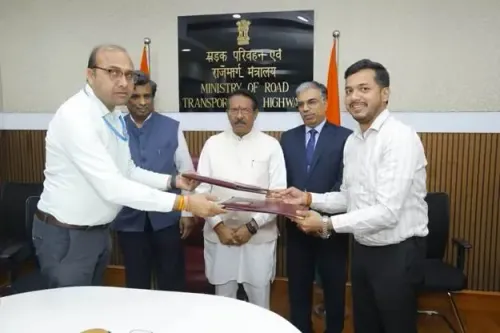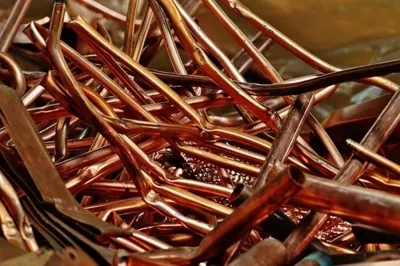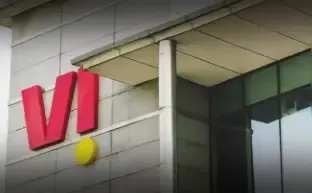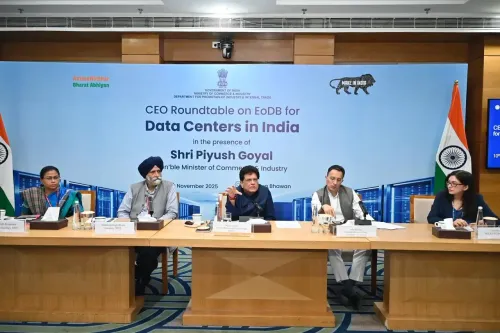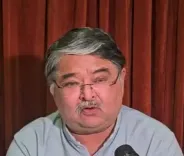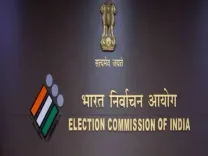Why are Hindustan Copper Ltd and Oil India Collaborating on Critical Minerals?
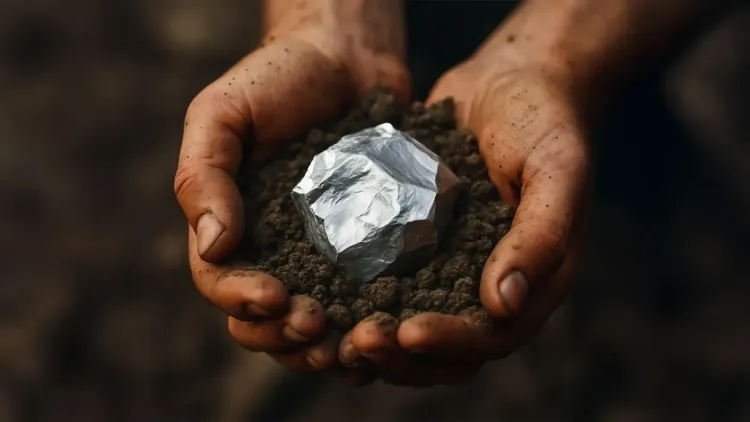
Synopsis
Key Takeaways
- Collaboration between HCL and OIL to enhance critical mineral exploration.
- Focus on self-reliance in mineral sourcing.
- Alignment with the National Critical Mineral Mission.
- Investment in recycling capacities for critical minerals.
- Significant job creation and economic growth potential.
New Delhi, Sep 19 (NationPress) In a groundbreaking move, Hindustan Copper Limited (HCL) and Oil India Limited have entered into a memorandum of understanding (MoU) to collaborate on the exploration and development of critical and strategic minerals, including copper and its associated minerals.
This initiative is designed to bolster India's self-sufficiency in sourcing vital minerals.
Hindustan Copper Limited, a Miniratna PSU under the Ministry of Mines, specializes in the mining, production, processing, and marketing of copper and related products. The company is currently focused on extracting and enhancing copper ore, alongside the sale of copper concentrate.
Oil India, a Maharatna PSU under the Ministry of Petroleum and Natural Gas, stands as a leading integrated oil and gas entity with substantial expertise in the exploration, development, production, and transportation of crude oil and natural gas. Acknowledging the increasing significance of critical minerals, OIL has expanded into this domain to complement its primary energy operations.
The MoU was signed in the presence of Sanjiv Kumar Singh, the Chairman and Managing Director of HCL, and Dr. Ranjit Rath, the Chairman and Managing Director of Oil India, along with senior officials from both organizations.
“This partnership between HCL and OIL marks a vital step in India's quest for mineral security. In alignment with the objectives of the Indian government's National Critical Mineral Mission, this collaboration is set to play a crucial role in securing essential strategic mineral resources that are indispensable for the nation’s energy security, industrial development, and technological progress,” stated the Ministry of Mines.
Earlier this month, the Union Cabinet approved a Rs 1,500 crore incentive scheme under the National Critical Mineral Mission (NCMM) to enhance India’s recycling capabilities for critical minerals from secondary resources such as e-waste, lithium-ion battery scrap, and end-of-life vehicle components.
This initiative aims to support both new and existing recyclers, with a goal of establishing an annual recycling capacity of 270 kilo tonnes, producing 40 kilo tonnes of critical minerals, attracting approximately Rs 8,000 crore in investments, and creating around 70,000 jobs — a strategic move to strengthen supply chain resilience and lessen import dependency, according to government reports.
Critical minerals are swiftly becoming the oil of the 21st century, characterized as scarce, strategic, and hotly contested. They serve as the foundational elements of a modern economy.

